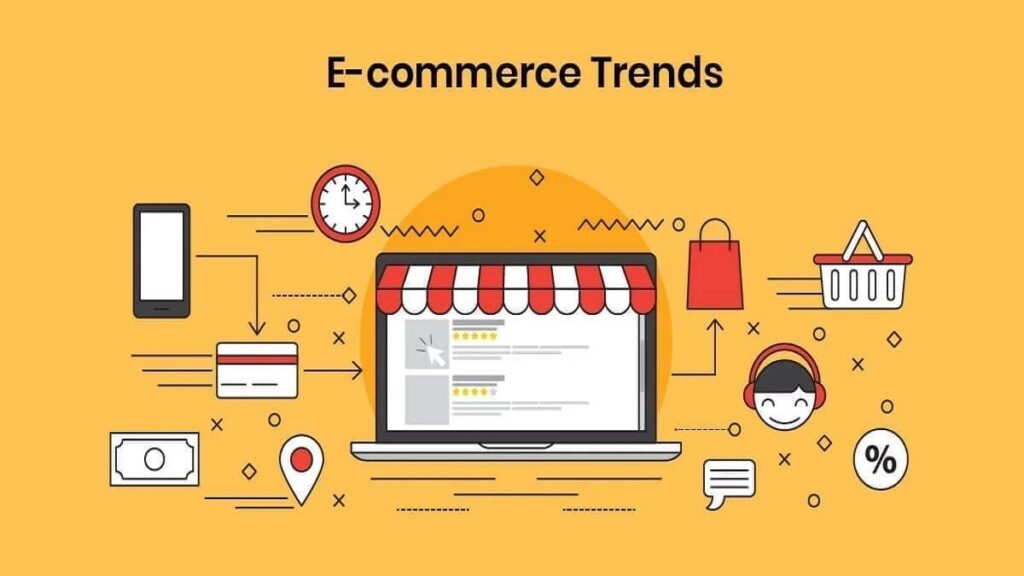With rapid advancements in technology, the e-commerce industry is undergoing significant changes, steadily evolving to meet customer needs and market demands. The latest trends are shaping a new era of online shopping, enhancing the overall user experience in exciting and innovative ways. This article will explore four key e-commerce trends. These trends provide a glimpse into the future of e-commerce, emphasizing the importance of staying ahead in this fast-paced and competitive industry.
Table of Contents
Magento 2 hosting
The first notable e-commerce trend that is noteworthy to discuss, is the rising popularity of Magento 2 hosting. This has to do with many factors. One of these factors is the increase of trustworthy hosting companies, such as Hypernode.com. Another factor is the benefits that Magento 2 hosting offers. These benefits involve a higher speed, ease of access to customer service, and many more things. It, therefore, isn’t surprising that Magento 2 hosting is so popular among e-commerce companies.
Personalized shopping experiences
The second key e-commerce trend gaining momentum is the focus on providing personalized shopping experiences. As consumers increasingly seek out individualized treatment, e-commerce platforms are leveraging data analytics and AI technology to deliver personalized recommendations and offerings. This approach tailors the shopping journey to match individual customer preferences, significantly enhancing customer satisfaction and loyalty. Personalization extends beyond product recommendations to encompass all aspects of the customer journey — from the website design and content to the checkout process and post-purchase support.
Shopping through a mobile device
A third e-commerce trend that is rapidly gaining traction is shopping through a mobile device. With smartphone usage proliferating, consumers are increasingly turning to their mobile devices for online shopping. This shift is driven by the convenience and flexibility offered by mobile shopping which allows customers to browse products, compare prices, and make purchases anytime, anywhere. E-commerce businesses are responding by optimizing their websites for mobile use, ensuring a smooth and user-friendly shopping experience. Mobile commerce is not merely an alternative to traditional online shopping – it is becoming the norm, making mobile optimization a non-negotiable necessity for e-commerce businesses.
Automatisation
The fourth and final e-commerce trend is the rise of automation. E-commerce businesses are increasingly turning to automation to streamline their operations and improve efficiency. This can range from the use of AI chatbots for customer service to automated inventory management systems, and even automated marketing tools. The benefits are plentiful: reduced operational costs, improved customer service, and the ability to focus more resources on strategic tasks. Automation also helps to reduce the risk of human error and increases the speed of processing tasks. As e-commerce continues to evolve, businesses that embrace automation will be better positioned to adapt and thrive.
